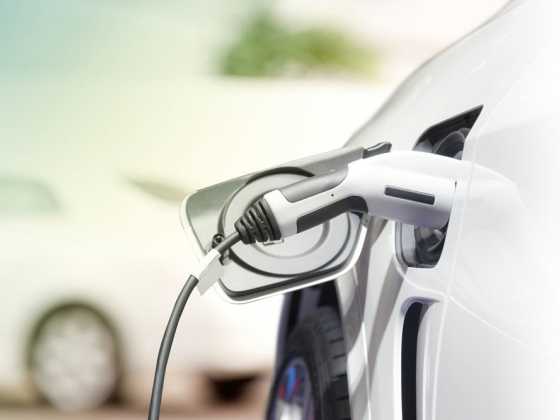Mazda takes part in microalgae biofuel research

Mazda is taking part in a joint research project and study into the adoption of biofuels from microalgae growth.
Mazda expects ICE engines combined with electric to account for 95 per cent of the vehicles it produces in 2030. It also believes liquid fuel will remain dominant in the automotive industry until at least 2040.
The company therefore considers a renewable liquid fuel essential to CO2 reduction.
When burnt, algae biofuel only releases CO2 recently removed from the atmosphere via photosynthesis as the algae grew. Mazda considers its development to be critical to achieving the carbon-neutrality of cars powered by the internal combustion engine.
Microalgae biofuel has numerous positive attributes as a renewable liquid fuel. Algae fuels can be farmed on land unsuitable for agriculture, can be grown with minimal impact on freshwater resources, can be produced using saline and wastewater, have a high flash point, and are biodegradable and relatively harmless to the environment if spilled.
Improving productivity and reducing costs are fundamental to the widespread future availability of algae biofuels. To that end, Mazda is lending research-accelerating technical support to the combination of research into genome editing by Hiroshima University and plant physiology by the Tokyo Institute of Technology which is intended to lead to a breakthrough in these areas.



